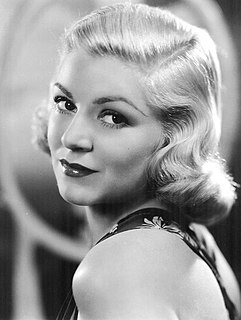A Quote by Havelock Ellis
It is here [in mathematics] that the artist has the fullest scope of his imagination.
Quote Topics
Related Quotes
Srinivasa Ramanujan was the strangest man in all of mathematics, probably in the entire history of science. He has been compared to a bursting supernova, illuminating the darkest, most profound corners of mathematics, before being tragically struck down by tuberculosis at the age of 33, like Riemann before him. Working in total isolation from the main currents of his field, he was able to rederive 100 years' worth of Western mathematics on his own. The tragedy of his life is that much of his work was wasted rediscovering known mathematics.
Thus metaphysics and mathematics are, among all the sciences that belong to reason, those in which imagination has the greatest role. I beg pardon of those delicate spirits who are detractors of mathematics for saying this . . . . The imagination in a mathematician who creates makes no less difference than in a poet who invents. . . . Of all the great men of antiquity, Archimedes may be the one who most deserves to be placed beside Homer.
For although a man is judged by his actions, by what he has said and done, a man judges himself by what he is willing to do, by what he might have said, or might have done—a judgment that is necessarily hampered, not only by the scope and limits of his imagination, but by the ever-changing measure of his doubt and self-esteem.





































